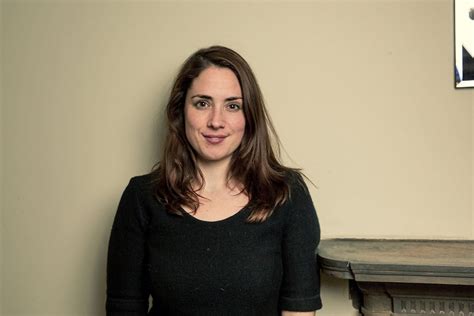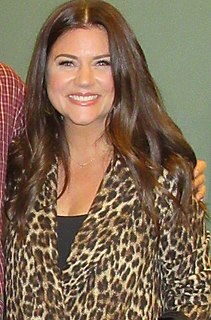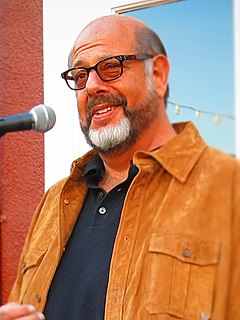A Quote by Simon Sinek
Studies show that over 80 percent of Americans do not have their dream job. If more knew how to build organizations that inspire, we could live in a world in which that statistic was the reverse - a world in which over 80 percent of people loved their jobs. People who love going to work are more productive and more creative. They go home happier and have happier families. They treat their colleagues and clients and customers better. Inspired employees make for stronger companies and stronger economies.
Quote Topics
Better
Build
Clients
Colleagues
Companies
Could
Creative
Customers
Dream
Dream Job
Economies
Employees
Families
Go
Go Home
Going
Going To Work
Happier
Home
How
Inspire
Inspired
Job
Jobs
Knew
Live
Love
Loved
Make
More
Organizations
Over
People
Percent
Productive
Reverse
Show
Statistic
Stronger
Studies
Treat
Which
Work
World
Related Quotes
Economists often talk about the 80/20 Principle, which is the idea that in any situation roughly 80 percent of the “work” will be done by 20 percent of the participants. In most societies, 20 percent of criminals commit 80 percent of crimes. Twenty percent of motorists cause 80 percent of all accidents. Twenty percent of beer drinkers drink 80 percent of all beer. When it comes to epidemics, though, this disproportionality becomes even more extreme: a tiny percentage of people do the majority of the work.
Maybe the biggest misconception humanity has about itself is that by gaining more power over the world, over the environment, we will be able to make ourselves happier and more satisfied with life. Looking again from a perspective of thousands of years, we have gained enormous power over the world and it doesn't seem to make people significantly more satisfied than in the stone age.
It's worse than slave trade because what is being traded is the very knowledge that makes survival possible for 80 percent of the people of this world. These 80 percent live on the biodiversity and the knowledge they have evolved as part of a rich collective heritage involving the use of seeds for growing crops and medicinal plants for healing.
Forests are breaking out all over America. New England has more forests since the Civil War. In 1880, New York State was only 25 percent forested. Today it is more than 66 percent. In 1850, Vermont was only 35 percent forested. Now it's 76 percent forested and rising. In the south, more land is covered by forest than at any time in the last century. In 1936 a study found that 80 percent of piedmont Georgia was without trees. Today nearly 70 percent of the state is forested. In the last decade alone, America has added more than 10 million acres of forestland.
The voice-over world has changed radically in the time that I've been in it. It used to be this rather small, select group of people who did 90 percent of the work. Now it's kind of the reverse: 90 percent of the work is done by this very broad mix of people all over the country, and the guys who used to be the go-to guys are a much smaller percentage now. But there was this massive interest in voice-over as well as in the story, so I think that also added to the film's appeal.
No changing of place at a hundred miles an hour will make us one whit stronger, or happier, or wiser. There was always more in the world than man could see, walked they ever so slowly; they will see it no better for going fast. The really precious things are thought and sight, not pace. It does a bullet no good to go fast; and a man, if he be truly a man, no harm to go slow; for his glory is not at all in going, but in being.



































